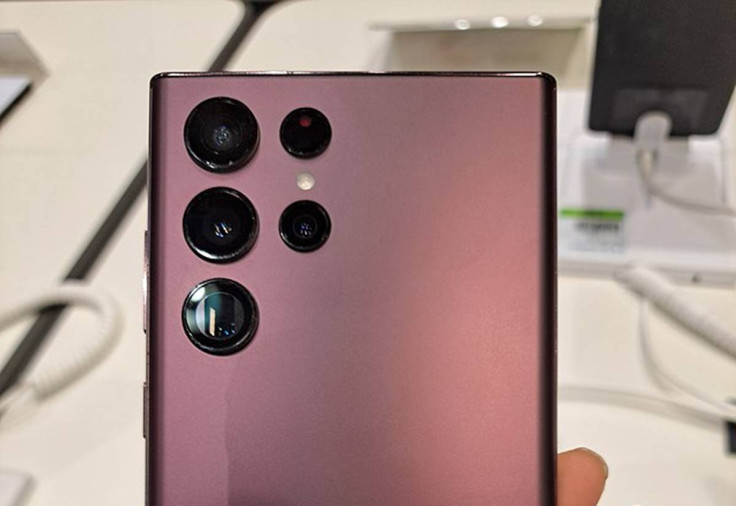Samsung Galaxy S23 Ultra Geekbench results reveals RAM, chipset, more details
The upcoming Samsung Galaxy S23 Ultra has been spotted on Geekbench's database with key details ahead of its rumored February 2023 launch.
Ahead of its rumoured launch next month, the Galaxy S23 series is making multiple appearances online. The upcoming lineup includes the vanilla Galaxy S23, Galaxy S23+, and the highest-end Galaxy S23 Ultra.
The Ultra model is expected to boast an impressive array of features. Moreover, it will reportedly bring upgraded specifications over the current-gen Galaxy S22 Ultra.
Samsung is leaving no stone unturned in a bid to provide a superior user experience with its next flagship series. In line with this, the base Galaxy S23 model could offer more internal storage.
Moreover, the base model will get improved heat management, as well as enhanced performance. On top of that, the vanilla Galaxy S23 will house a better camera setup and offer longer battery life.
Regrettably, the Galaxy S23 series will not get higher RAM. Now, the Galaxy S23 Ultra has appeared on the Geekbench benchmarking website ahead of launch.
The Geekbench listing confirms the presence of 12GB RAM. Also, the phone packs a Snapdragon 8 Gen 2 SoC under the hood.
The Galaxy S23 Ultra appears to run the latest Android 13 OS. The handset gained 1,495 points in Geekbench's single-core CPU performance test. Likewise, it scored 4,647 points in the benchmarking site's multi-core CPU performance test.
However, the handset's multi-core score is surprisingly lower than other phones with Snapdragon 8 Gen 2 chipset. In other instances, the Galaxy S23 Ultra's scores aligned with the Snapdragon 8 Gen 2-backed iQOO 11 Pro and Vivo X90 Pro+ smartphones.
The entire Galaxy S23 series is expected to sport a brighter display. Moreover, the Galaxy S23, S23+, and S23 Ultra will reportedly feature an improved cooling system.
As a result, the Galaxy S23 series trio will deliver better performance despite continued usage. The company is reportedly planning to equip the device with a higher-binned version of the Snapdragon 8 Gen 2 SoC.
This processor might offer a clock speed of 3.36GHz for its Prime CPU core (Cortex-X3). To those unaware, Samsung phones with Snapdragon chipsets usually perform better than their Exynos counterparts.
So, Samsung understandably shipped more Snapdragon chip-backed Galaxy S22 worldwide in 2022. On the downside, the Snapdragon 8 Gen 1 had throttling and overheating issues.
As a result, the Galaxy S22 could not perform well under sustained load. It will be interesting to see whether Samsung addresses these performance problems with the Galaxy S23 series.

© Copyright IBTimes 2024. All rights reserved.






